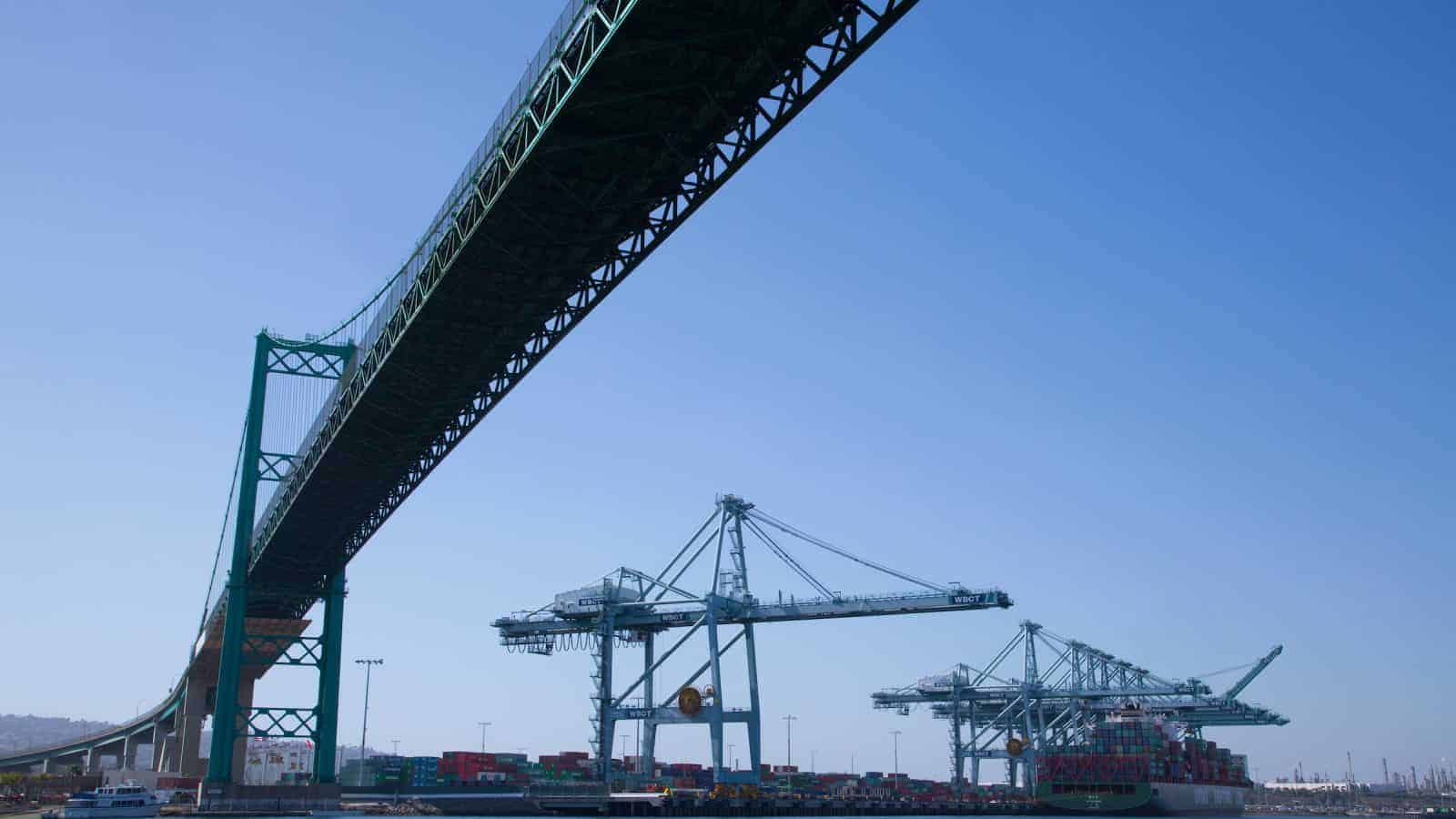The Cost of Inaction on the Miscellaneous Tariff Bill

It’s been more than two years since the Miscellaneous Tariff Bill expired—and the lack of renewal is harming manufacturers in the U.S.
What’s going on: Manufacturers have been operating without an MTB—legislation that temporarily eliminates or reduces tariffs on products not available in the U.S.—since January 2021, when MTB legislation that had been passed in 2018 expired.
- The MTB is renewed typically every few years. In June 2021, the Senate passed an MTB measure as part of the U.S. Innovation and Competition Act, and the House passed a different version in the America COMPETES Act, but Congress did not agree to trade provisions in the final China competition legislation.
- No MTB legislation has been introduced during this Congress in either chamber.
Why it’s important: The result of this inaction has been a direct economic hit to manufacturers, particularly small and medium-sized manufacturers that are paying more for product inputs.
- Since the MTB expired in December 2020, manufacturers and other businesses have paid more than $1 billion—or $1.3 million per day—in anticompetitive tariffs for goods they cannot source in the U.S., according to an NAM analysis
- The added costs can create higher prices for consumers, making it harder for American families to buy goods from manufacturers in the U.S.
- Due in part to these tariffs, some manufacturers are having difficulty maintaining current staffing levels and expanding opportunities for existing workers.
Hurting the heartland—and Ukraine: Sukup Manufacturing Co., headquartered in Sheffield, Iowa, is a family-owned and -operated manufacturer of grain-storage and grain-handling products. It is paying tens of thousands of dollars in tariffs to import components from the Kyiv province of Ukraine.
- In 2022, the company paid nearly $40,000 in tariffs on imports from Ukraine.
- Ukraine’s export market is essential to its economic development as well as its ability to withstand Russia’s invasion. The lack of an MTB is creating barriers between companies in the U.S. and their Ukrainian partners at exactly the wrong time.
Read the full story here.
